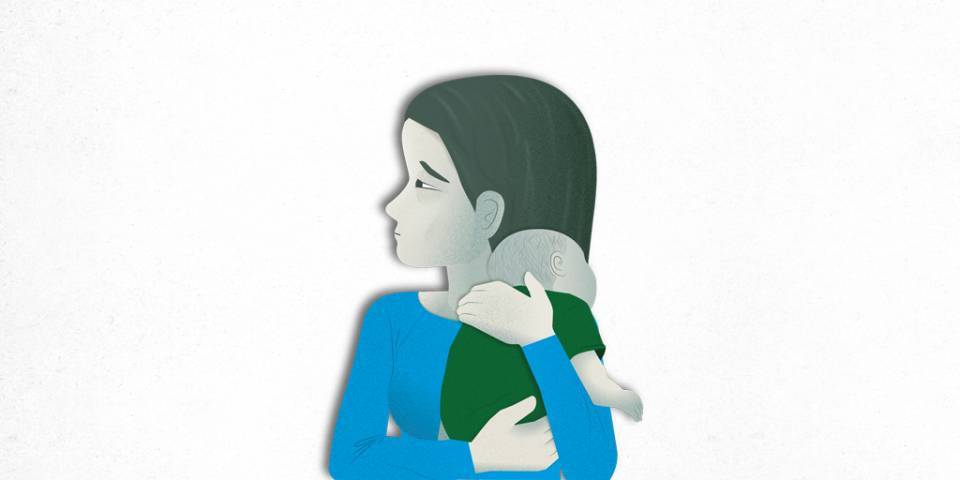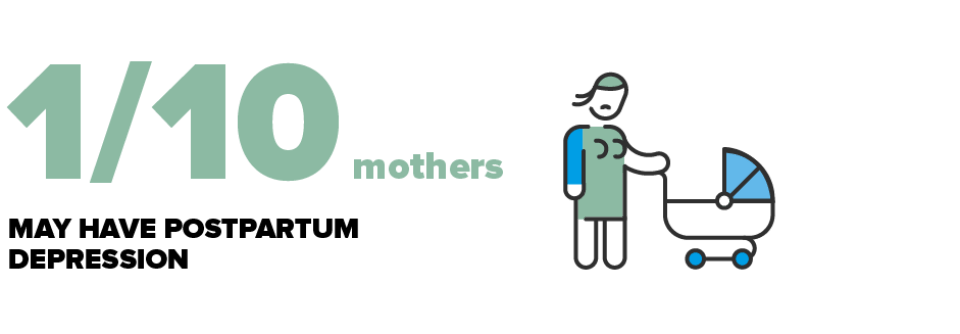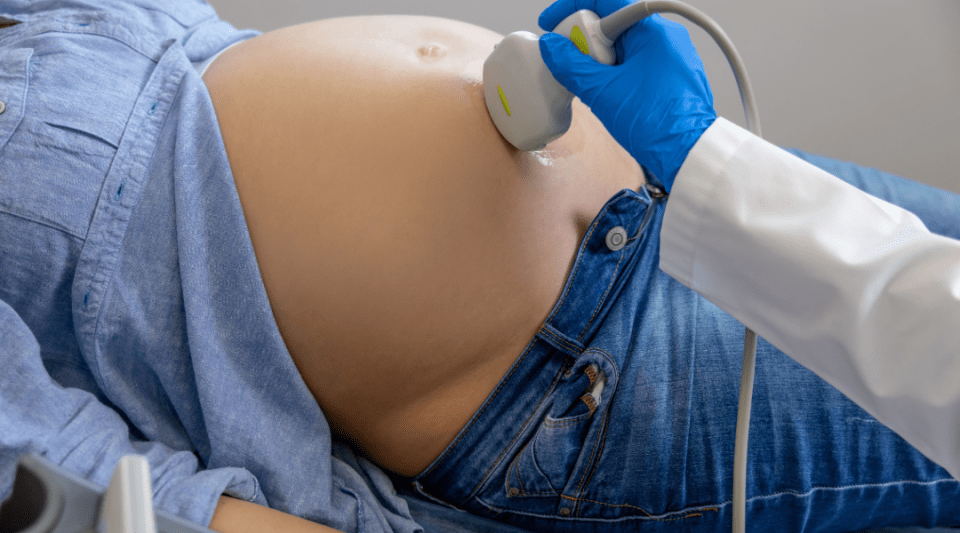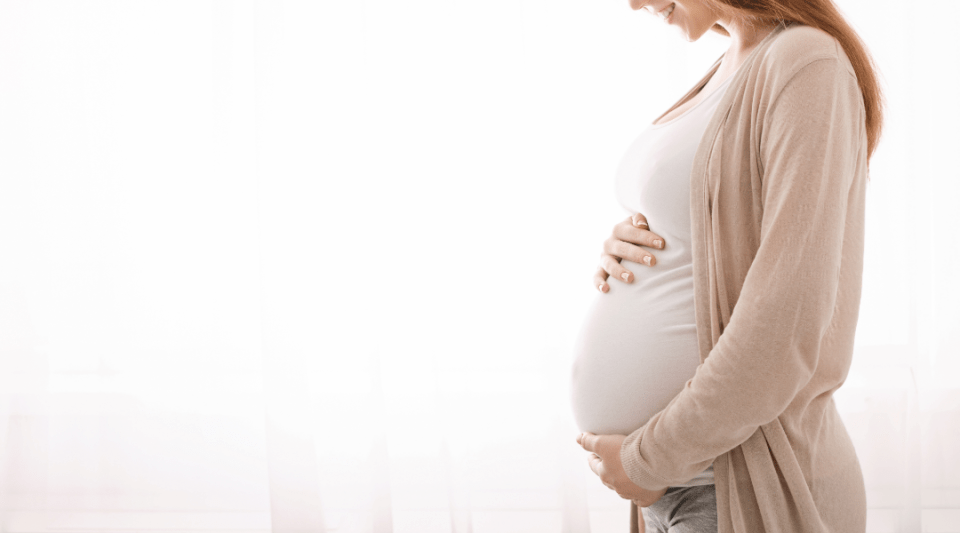Substantiated information by:

Alba Roca
Psychiatrist
Perinatal Mental Health Unit

Anna Torres Giménez
Clinical Psychologist
Perinatal Mental Health Unit

Lluïsa García Esteve
Psychiatrist
Psychiatrist. President of the Intrafamily and Gender Violence Commission

Susana Andrés Perpiñá
Psychologist
Perinatal Mental Health Unit
Published: 7 May 2019
Updated: 19 October 2023
The donations that can be done through this webpage are exclusively for the benefit of Hospital Clínic of Barcelona through Fundació Clínic per a la Recerca Biomèdica and not for BBVA Foundation, entity that collaborates with the project of PortalClínic.
Subscribe
Receive the latest updates related to this content.
Thank you for subscribing!
If this is the first time you subscribe you will receive a confirmation email, check your inbox
An error occurred and we were unable to send your data, please try again later.




